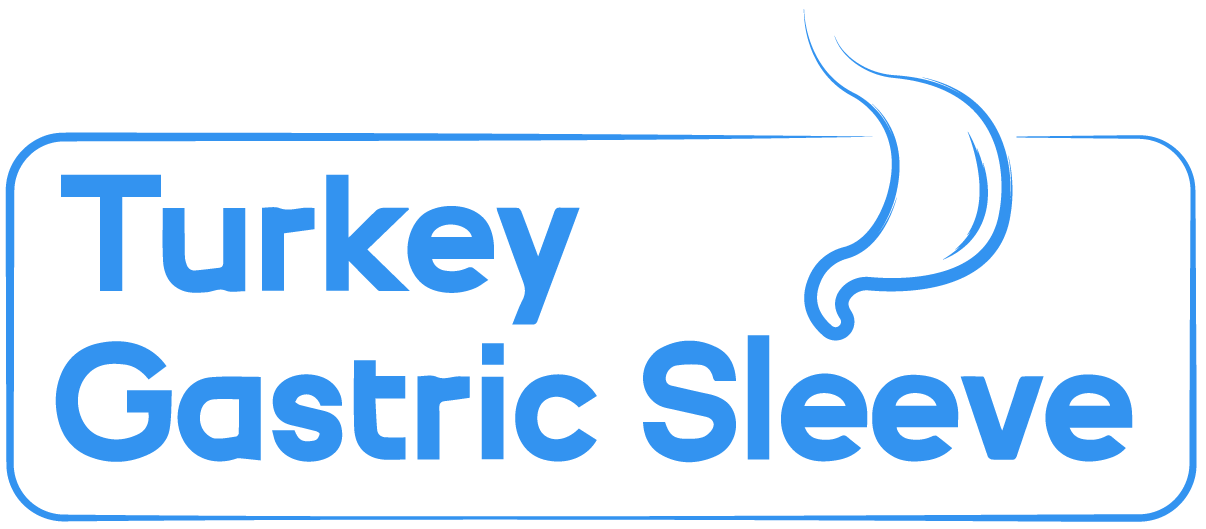Symptoms of overeating after gastric sleeve surgery, is it normal? One of the most common complications after gastric sleeve surgery is overeating. This condition can lead to significant weight gain, plateaus, and abdominal cramps. In addition, overeating may affect your digestion. You may also experience frequent indigestion, heartburn, and diarrhea.
Symptoms of Overeating After Gastric Sleeve Surgery
One of the most common side effects of gastric sleeve surgery is overeating. Fortunately, overeating can be easily avoided with a few strategies. The first tip is to eat slowly and in small portions. This can help you avoid overeating and reduce the discomfort that can follow. You should also savor your food and listen to your body to know when you’re full.
Most Symptoms of Overeating After Gastric Sleeve. Another common complication after gastric sleeve surgery is diarrhea. This occurs because your body cannot digest your food properly. This prevents the body from getting the nutrients it needs. As time goes by, the risk of experiencing these symptoms goes down. However, some patients have trouble adjusting and fall back into old habits.
In addition to being uncomfortable, overeating can cause complications and reversal of weight loss. The best way to avoid overeating after gastric sleeve surgery is to eat smaller portions at regular intervals. Drinking plenty of water between meals will also help you feel full.
Symptoms of overeating after gastric sleeve. Overeating can also result in painful bloating and gas. It can also increase the risk of heartburn and vomiting. The discomfort of overeating is often accompanied by feelings of guilt. You may not be able to sleep well after a heavy meal. If you feel like you are overeating, you may want to talk to a doctor about ways to relieve your symptoms.
Symptoms of overeating after gastric sleeve. The best way to deal with these symptoms is to follow the diet guidelines set by the surgeon after the procedure. Remember that you’re eating smaller amounts than before, and you’ll lose weight long-term if you stick to them. A licensed dietitian will help you plan a meal plan for your needs. A dietary plan is essential to avoid these issues and to ensure the best results.
Some patients report chest pain after eating. This pain is common and is often due to overeating or eating too quickly. The solution to this is to eat smaller portions and eat slowly. You should also drink only water between meals, as prolonged chest pain can damage the esophagus.
Other side effects of gastric sleeve surgery include dumping syndrome, which occurs when food is passed from the stomach into the small intestine without complete digestion. This syndrome can cause nausea, diarrhea, and abdominal cramps. Although the symptoms are usually harmless, it can result in life-threatening complications if not treated.
Symptoms of overeating after gastric sleeve. If you’re unable to lose weight after gastric sleeve surgery, you may experience overeating. Despite the surgery, you may continue to experience overeating, and your underlying eating behaviors may return. If you experience this condition, you should seek therapy and counseling to deal with the underlying problems.
Symptoms of overeating after gastric sleeve. Bleeding is another risk after gastric sleeve surgery. The band can slip, leading to complications. In such a case, you should contact your bariatric surgeon as soon as possible. If you continue to have bleeding, your surgeon may have to remove the band.
What Happens If You Overeat With Gastric Sleeve Surgery?
When you overeat after gastric sleeve surgery, you may experience extreme abdominal pain and cramping. This is common. It can also lead to failure in weight loss. Vomiting may also occur. The best way to avoid this is to limit your portions and only drink liquids in between meals. If this problem persists for more than a couple of hours, you should speak with your doctor. Symptoms of overeating after gastric sleeve.

Another complication is dumping syndrome, which happens when undigested food passes through the intestines too quickly. This can cause increased sweating, diarrhea, dizziness, nausea, and even a drop in blood sugar. It is important to seek medical attention immediately if you experience these symptoms. Overeating can stretch your stomach and undo the weight loss progress you made after the surgery.
You should also understand the new eating habits after gastric sleeve surgery. You might experience a period of overeating, especially during holidays or when you eat large amounts of food. The new size of your stomach will make you feel full more slowly, and your brain may register fullness much later than normal. This is the normal reaction to overeating after gastric sleeve surgery, but it can be difficult to deal with and may even cause vomiting.
Overeating can also lead to significant weight gain. In addition to the weight gain, overeating can also lead to frequent indigestion, heartburn, and diarrhea. Your body is not designed to handle a large meal in one sitting.
How to Stop Overeating After Gastric Sleeve Surgery
The best way to stop overeating after gastric reshaping surgery is to pay attention to your body and eat slowly. You should also stop eating when you feel satisfied and not stuffed. Many emotional eaters find it difficult to stop eating at the correct time. But you should remember that your body will be able to handle food again in a few hours. It is also important to order small portions when eating out. You may even be able to order from the kid’s menu.
Symptoms of overeating after gastric sleeve. After gastric sleeve surgery, it is common for people to eat more than their stomach is used to. This is because they have a reduced capacity and their brain doesn’t register fullness as quickly as it used to. This is why some patients end up vomiting after eating after gastric reshaping surgery.
Learning how to stop overeating after gastric surgery is a major part of your recovery. You’ll need to learn to control portions properly and follow a meal plan from a licensed dietitian. You should also make sure to use measuring tools to ensure that you eat the right amount.
Overeating can lead to many complications. It can cause vomiting or diarrhea, or even a combination of both. Overeating can also cause stomach stretching, which will throw off the balance of your hunger signals. As a result, you can become stuck in a never-ending cycle of overeating.
Stomach Spasms After Gastric Sleeve Surgery
After gastric sleeve surgery, you may experience stomach spasms. While most people experience these during the first few days, some can last for up to one week after the procedure. It is important to rest for at least six hours each day and avoid spicy foods for at least the first week. A doctor can prescribe an herbal remedy to help ease the pain.
Stomach spasms are painful, sharp, and usually occur in the mid to upper abdomen. They may be triggered by certain foods or drinks, or by certain medications. If the spasms are intermittent, they are usually tolerable. But if they become severe, it’s best to consult a doctor immediately. While most cases of stomach spasms aren’t life-threatening, they should be treated as soon as possible.
Symptoms of overeating after gastric sleeve. Stomach spasms following gastric sleeve surgery can occur in the later stages of healing. This may be due to a weakened stomach, or they may be due to a side effect of the medication the surgeon prescribed. Always speak with your doctor before stopping any medication, especially if it causes discomfort or spasms.
Stomach spasms can last for months to a year after the procedure. However, the pain is temporary and may be reduced by a proper diet. After gastric sleeve surgery, it’s important to eat a diet that helps your body adjust to the new changes. A liquid diet is an ideal choice to start this process and will also reduce your appetite.

